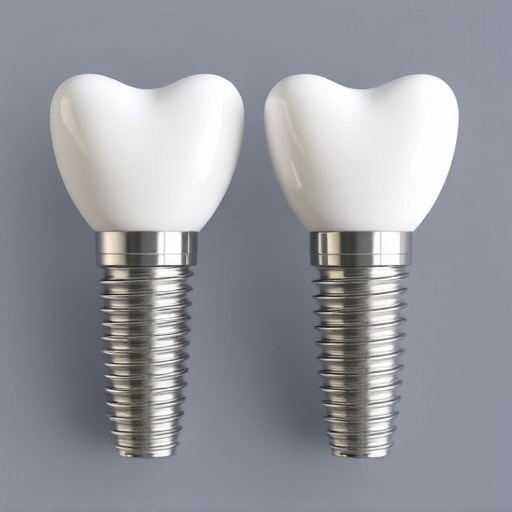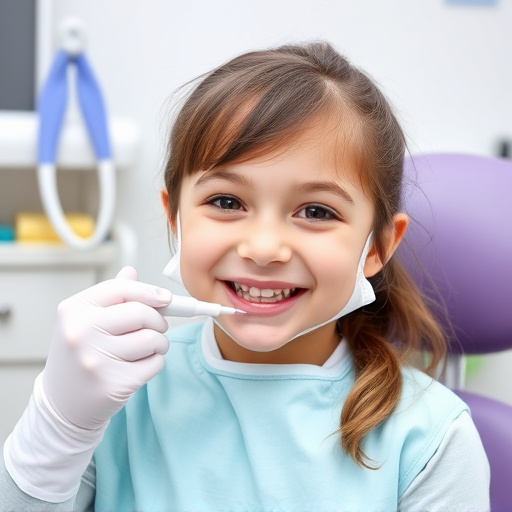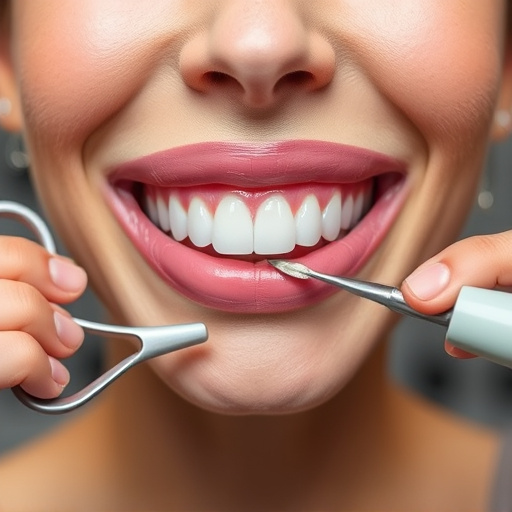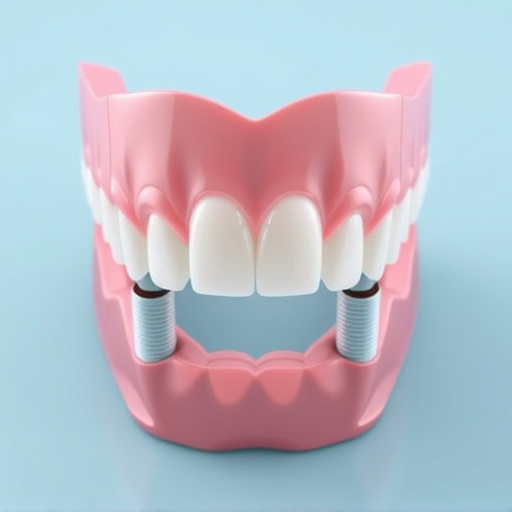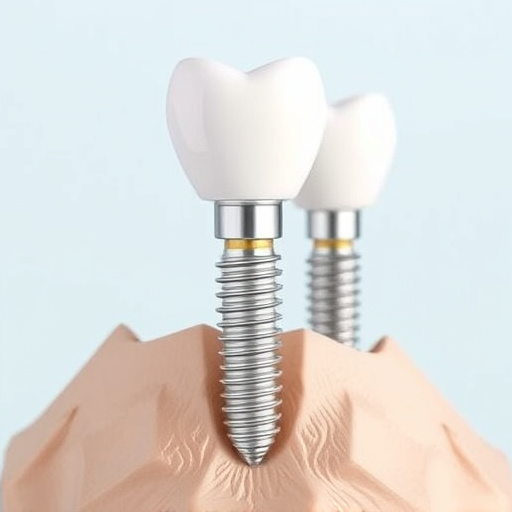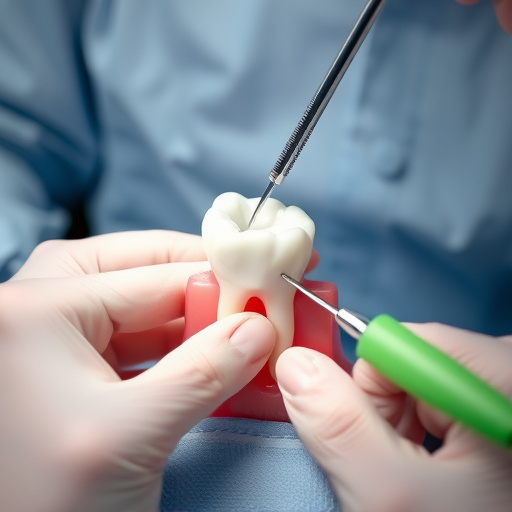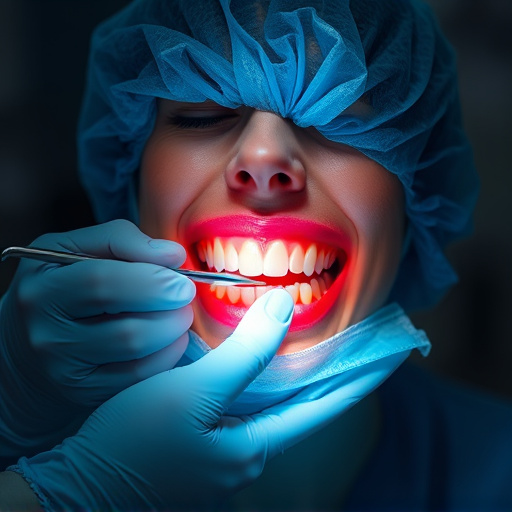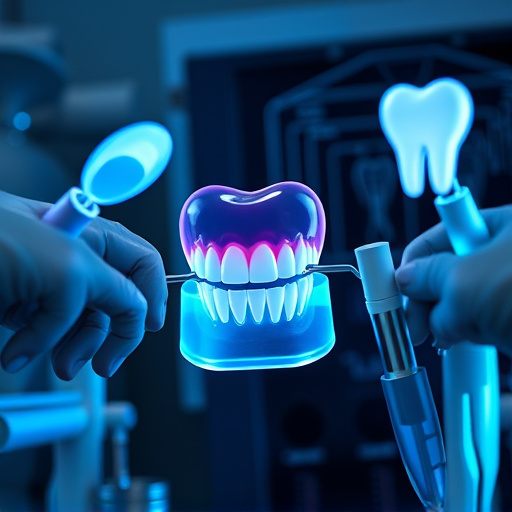In unexpected dental crises like toothaches or injuries, emergency dental care is vital for immediate relief and long-term oral health. Specialized facilities offer treatments like extractions, fillings, and splints to manage pain and infections. Regular oral hygiene practices and prompt aftercare are key to preventing future emergencies and ensuring tailored restorative dentistry solutions, including cosmetic procedures.
In moments of crisis, quick access to emergency dental care can be a life-saver, not just for your overall health but also for maintaining oral well-being. This article explores the critical role of immediate dental intervention during challenging times and offers insights into understanding emergency dental care. We’ll delve into how prompt action can prevent complications, preserve smiles, and provide much-needed relief. Additionally, discover practical tips to safeguard your oral health before and after emergency treatments.
- Understanding Emergency Dental Care: When Time is of the Essence
- The Role of Immediate Dental Intervention in Crisis Situations
- Tips for Maintaining Oral Health Before and After Emergency Dental Treatment
Understanding Emergency Dental Care: When Time is of the Essence
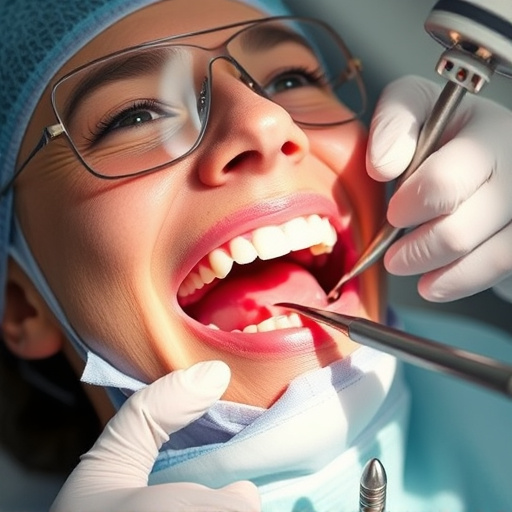
In moments of crisis or unexpected dental pain, understanding the importance of emergency dental care can make all the difference in maintaining your oral health. When a toothache strikes suddenly or an injury occurs, time is of the essence. Emergency dental services provide immediate attention and specialized care to address sharp pain, infections, or dental traumas.
Accessing these services means you can receive prompt treatments such as emergency extractions, temporary fillings (including cosmetic fillings for aesthetic concerns), or trauma-related interventions like oral splints. Unlike general dentistry practices that offer routine check-ups and children’s dentistry services, emergency dental care facilities are equipped to handle severe cases, ensuring your oral health is prioritized during challenging times.
The Role of Immediate Dental Intervention in Crisis Situations

In crisis situations, immediate dental intervention can make a significant difference in maintaining oral health and overall well-being. Emergency dental care services are designed to provide prompt treatment for severe dental issues that may arise due to accidents, natural disasters, or other unforeseen events. These critical interventions often involve quick assessment, pain management, and stabilization of the patient’s oral condition before more comprehensive treatments can be scheduled.
Timely intervention is crucial in preventing further complications and preserving the integrity of teeth and gums. For instance, a broken tooth due to an accident might be repaired with a filling or crown, whereas a severely infected tooth may require extraction to avoid systemic health risks. Beyond addressing immediate needs, emergency dental care also plays a vital role in referring patients to specialists for specialized treatments like clear aligners or children’s dentistry, ensuring that they receive holistic oral care tailored to their specific situations and long-term goals, including cosmetic dentistry procedures.
Tips for Maintaining Oral Health Before and After Emergency Dental Treatment
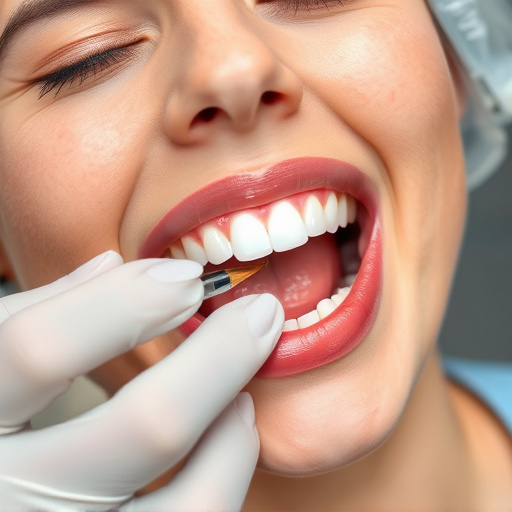
Maintain Oral Health Before and After Emergency Dental Treatment
Prior to seeking emergency dental care, maintaining excellent oral hygiene is paramount. Brush your teeth twice daily with fluoride toothpaste, floss regularly, and use a mouthwash to reduce plaque buildup and prevent gum disease. A balanced diet rich in calcium, vitamin D, and other essential nutrients supports strong teeth and gums. Additionally, stay hydrated by drinking plenty of water throughout the day. These practices form the foundation for comprehensive dental care and can help mitigate oral health issues before they escalate into crises.
Post-emergency dental treatment, it’s crucial to follow your dentist’s recommendations for aftercare. This may include specific cleaning instructions, medication regimens, or restrictions on diet and physical activity. Regular check-ups and follow-up appointments are essential to monitor the healing process and ensure proper tooth repair. Restorative dentistry procedures, such as fillings, crowns, or implants, require meticulous care to maintain long-term oral health. By adhering to these guidelines, you can promote optimal recovery and prevent future dental emergencies.
Emergency dental care plays a pivotal role in maintaining oral health during crisis situations, ensuring swift intervention and long-term well-being. By understanding the importance of immediate dental treatment, individuals can better prepare for and manage unexpected oral health crises. With proactive measures before and after emergency care, folks can preserve their smile and overall mouth health, underscoring the value of timely access to dental services as a key component in navigating life’s challenges.

